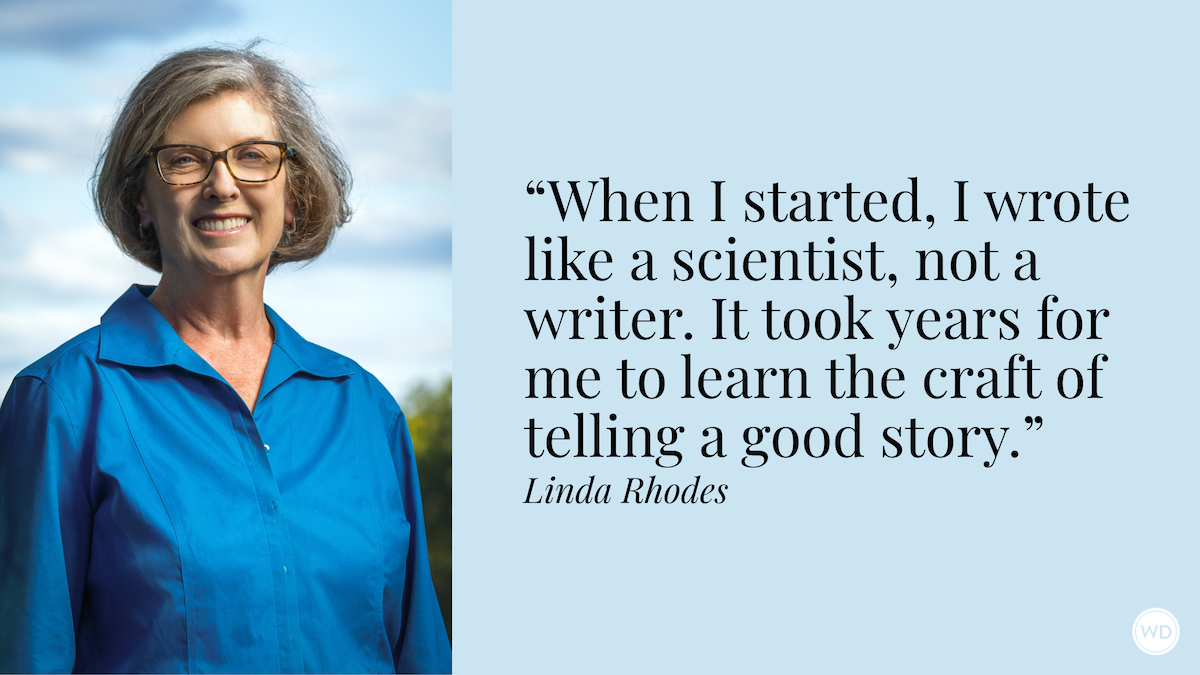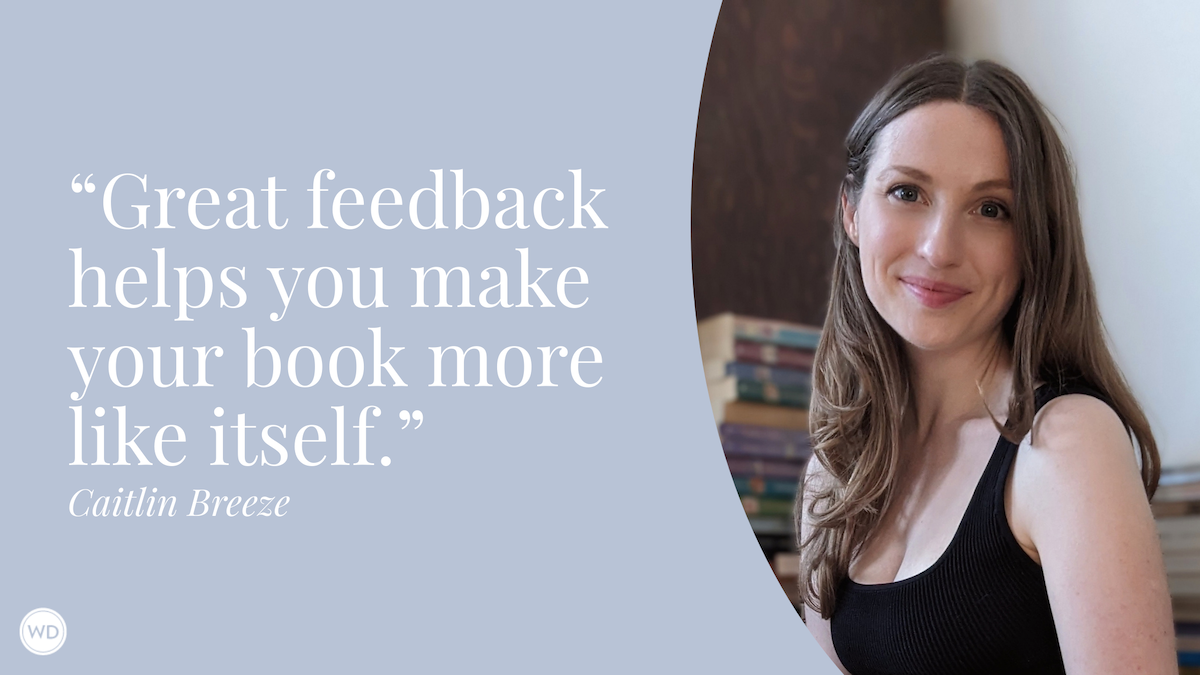Robert Scotellaro: Writing Flash Fiction That’s Short But Not Slight
Robert Scotellaro, author of five full-length story collections, including his most recent What Are the Chances?, shares his fascination with flash fiction, three critical components to writing success, and more.
Robert Scotellaro has published widely in national and international books, journals and anthologies, including W.W. Norton’s Flash Fiction International, NANO Fiction, Gargoyle, New Flash Fiction Review, Matter Press, The Laurel Review, and many others. His stories were included in Best Small Fictions (2016 and 2017) and Best Microfiction 2020. He is the author of seven literary chapbooks, several books for children, and five full-length story collections: Measuring the Distance, What We Know So Far (winner of The 2015 Blue Light Book Award), Bad Motel, Nothing Is Ever One Thing, and What Are the Chances?
He was the recipient of Zone 3’s Rainmaker Award in Poetry. He has edited, along with James Thomas, New Micro: Exceptionally Short Fiction published by W.W. Norton & Company. He is one of the founding donors to The Ransom Flash Fiction Collection at the University of Texas, Austin. Robert lives with his wife in San Francisco. Find him online at www.robertscotellaro.com.
In this post, Scotellaro shares his fascination with flash fiction, three critical components to writing success, and more!
*****
We're looking for short fiction stories! Think you can write a winning story in 1,500 words or less? Enter the 21st Annual Writer's Digest Short Short Story Competition for your chance to win $3,000 in cash, get published in Writer's Digest magazine, and a paid trip to our ever-popular Writer's Digest Conference!
*****
Name: Robert Scotellaro
Title: What Are the Chances?
Publisher: Press 53
Release date: September 15, 2020
Genre: Flash Fiction
Previous titles: Measuring the Distance (2012); What We Know So Far (2015); Bad Motel (2016); New Micro: Exceptionally Short Fiction (co-ed., 2018); Nothing Is Ever One Thing (2019)
(WD uses affiliate links.)
What prompted you to write this book?
I'm fascinated by the very short story form and (with this collection) intrigued with the notion of how mercurial life can be: good luck/bad luck—timing—as depicted in the title story, What Are the Chances? I selected a group of my stories that in some way fit this concept, in addition to writing new pieces.
How long did it take to go from idea to publication?
Press 53 was at the top of my list when I was ready to shop this collection, for I was taken with their fine catalog of authors. It took about a year and a half from putting it all together to publication.
The selection process did change over time. Finding the right tones, subjects, and styles that dovetailed, or maybe rubbed against each other in interesting ways was vital, was an evolution.
Were there any surprises in the publishing process for this title?
Yes, I feel there were some editorial suggestions made that were very helpful. Writing is all about learning. Keeping an open mind to small, but impactful changes (adjustments) can be critical to growth for a writer, at any level, in having a piece be as good as it can be.
Were there any surprises in the writing process for this book?
I feel there always are. I am ever amazed at how pieces find their footing. How they traverse new ground: terra incognita. How collections fit together to form a sum greater than their parts (coalesce). Surprises fuel the writing process. During the creative process for this book, I was surprised to find how “chance” in all its disparate forms, along with its subtle, and not so subtle, ramifications emerged.
What do you hope readers will get out of your book?
I hope they see that flash fiction can be short yet not slight. And, how small telling details, what is said, and not said (that dwell between the lines) can be vital in the very short form fiction. How detail and allusion can form a compact between writer and reader, expanding the breath of a piece exponentially to a deeper understanding of what is at stake. The borders of flash fiction can be flexible way beyond a small word count, and immensely resonant and satisfying.
If you could share one piece of advice with other authors, what would it be?
Here are three I think are critical: Show up, show up, show up. That blank page or screen is not a wall. It is a door, and you have the key. There are limitless possibilities waiting once it is opened. But first, you must show up.







